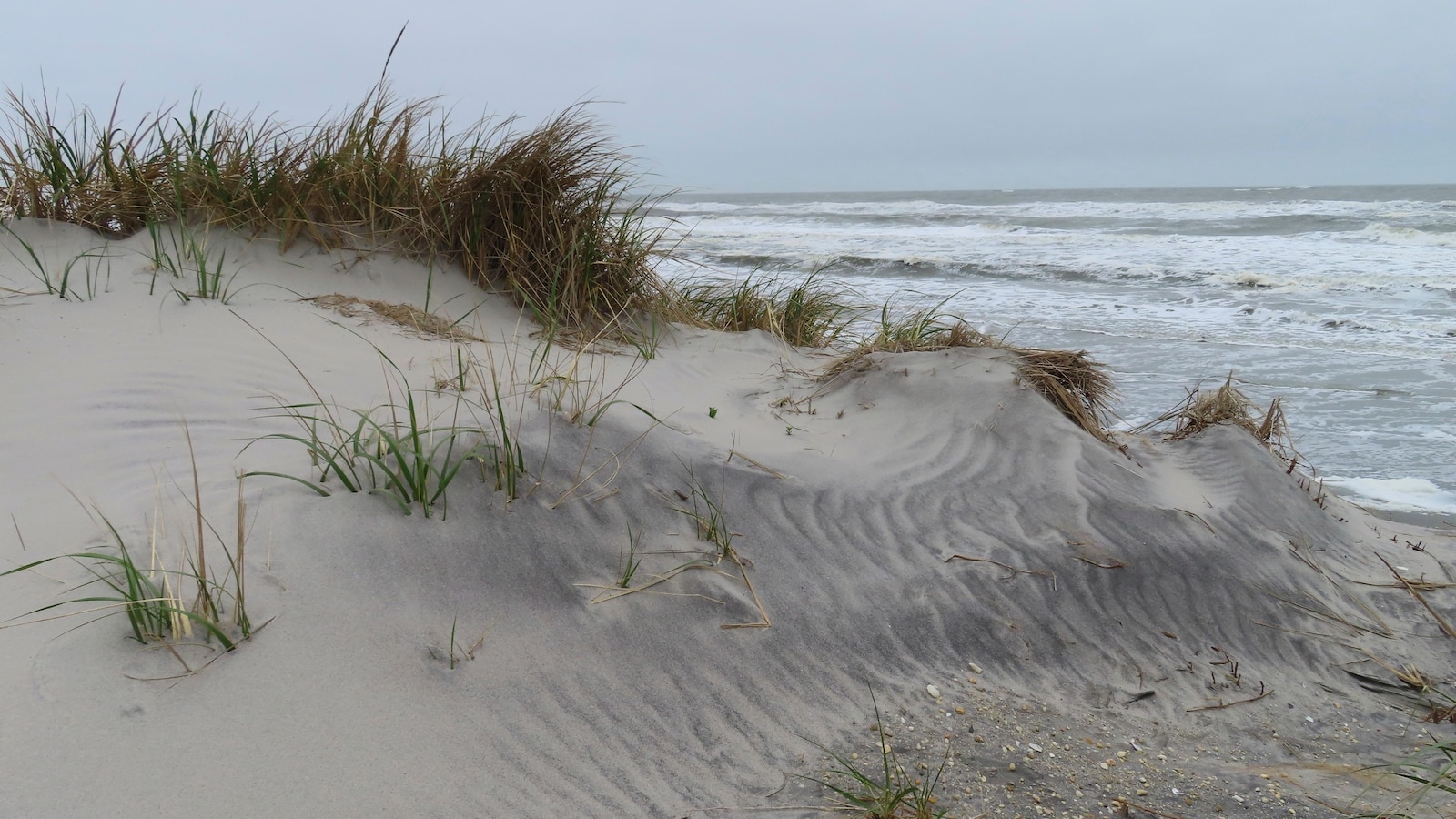BRIGANTINE, N.J. — Offshore wind energy projects in New York, New Jersey and Maryland are moving forward, as federal regulators examine the proposals and opponents escalate their legal challenges to the work.
A large offshore wind farm is being proposed in the waters off New York as federal agencies are pressing ahead with reviews of seven other ocean sites.
Community Offshore Wind, a partnership between Essen, Germany-based RWE and New York-based National Grid, on Friday proposed a wind farm that would generate 2.8 gigawatts of electricity, or enough to power 1 million homes.
The company also has an active proposal to build a separate project in New Jersey off the coast of Long Beach Island.
It says its New York project is the largest offshore wind project ever proposed to New York regulators, although it did not say approximately how many wind turbines it might build there.
“New York and New Jersey are both pursuing some of the most ambitious clean energy goals in the country, and offshore wind will be critical to each state’s success,” said Dan Sieger, the company’s head of development. He said the project would be built 64 miles (100 kilometers) off the New York coast and 37 miles (60 kilometers) from New Jersey.
In July, Community Offshore Wind submitted plans to build an offshore wind facility in New Jersey that could power 500,000 homes.
On Monday, the U.S. Bureau of Ocean Energy Management released an environmental review of six offshore wind sites covering nearly a half million acres (200,000 hectares) in New York and New Jersey, examining their possible impacts on marine life, shorebirds, air and water quality and other areas.
It found that offshore wind projects could impact marine mammals and fish during construction, though they predicted such impacts would be temporary.
But it also wrote that even with mitigation and monitoring procedures in place, “development would still result in unavoidable adverse impacts” including an increased risk of temporary or permanent hearing loss in whales and other marine mammals, higher risk of death for sea turtles struck by vessels and birds struck by turbine blades, and alteration of ocean views from shore.
The American Clean Power Association called the environmental review “a vital step” toward getting new projects approved efficiently.
On Tuesday, the National Oceanic and Atmospheric Administration determined that construction of a 32-acre (13-hectare) facility in New York City where offshore wind towers will be assembled “is likely to adversely affect, but is not likely to jeopardize” the continued existence of sea turtles or Atlantic sturgeon in the area. The Arthur Kill Terminal Project is being planned for the Staten Island section of New York.
That same day, in a review of a seventh proposed site, the agency also said a Maryland offshore wind project is not expected to kill or seriously injure any marine mammal species.
The Maryland Offshore Wind Project could see 114 wind turbines, four offshore substation platforms and up to four offshore export cable corridors built about 11.5 miles (18.5 kilometers) off that state’s coast. Two phases, known as MarWin and Momentum Wind, already have preliminary state approval.
And the U.S. Environmental Protection Agency recently granted New Jersey’s Atlantic Shores wind farm project a permit under the federal Clean Air Act. That led one of many vocal opposition groups to add to its legal challenges to the project.
The grassroots nonprofit Save LBI is appealing the approval, and has filed notice of its intent to sue the EPA. Bob Stern, the group’s president, said the agency did not adequately consider potential air quality impacts on the Brigantine National Wilderness Area and the Edwin B. Forsythe National Wildlife Refuge in southern New Jersey.
As of last month, there were 13 cases pending in federal courts targeting offshore wind projects, according to the American Clean Power Association. An undetermined number of additional lawsuits are active in state courts, they said.
___
Follow Wayne Parry on X at www.twitter.com/WayneParryAC

